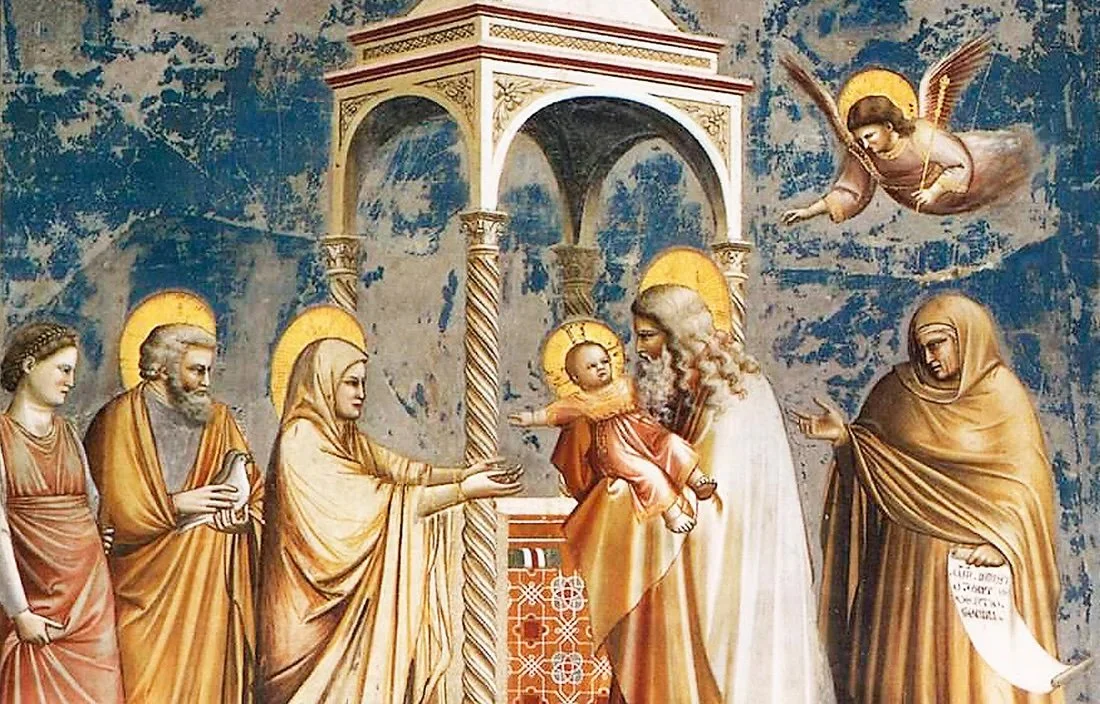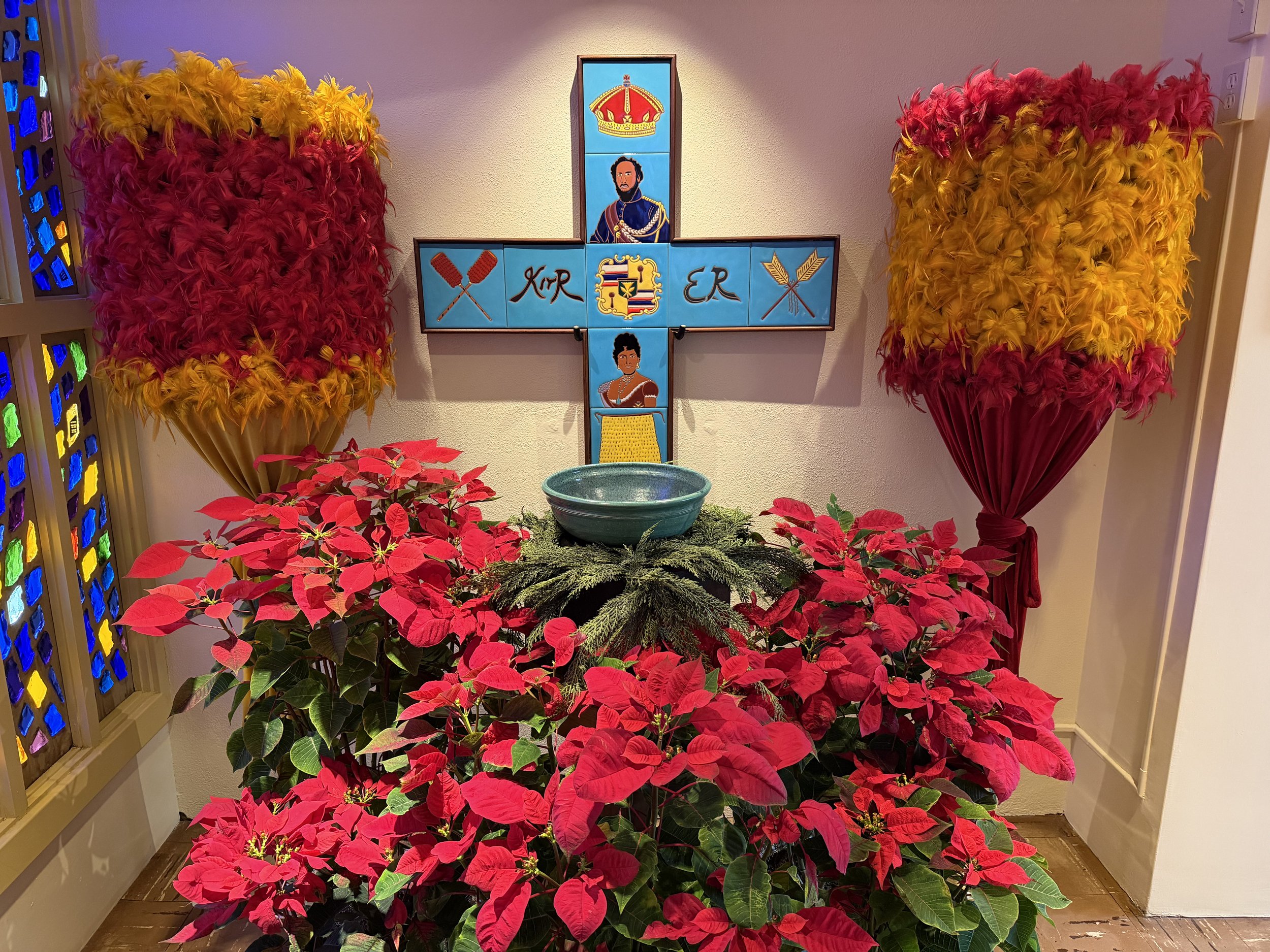From Michael Ida: Giving Thanks for the Monastic Life
/Thursday, October 22
Rather than being transported to ethereal heights where the sounds of heavenly choirs echo, my first taste of community life in a monastery was one of overwhelming awkwardness. Everything from liturgical services to meals was run by a script that was both vastly different from the secular one I was used to, and that seemed to have not been shared with me. At one of the midday meals, which was taken in silence, someone next to me had indicated his desire for the ketchup by tapping my arm—not too gently and a little brusquely for my taste.
The institution of monasticism has been around for quite some time. In the ruins of a world eerily similar to our own, beset by plagues and the diminishing of great powers, Saint Benedict founded communities of Christians intent on preserving the light of the Gospel through some very dark times. As it turns out, the wisdom embodied in his rule has endured fifteen centuries and continues to inspire those open to a way of life that is radical and countercultural in the truest and most Christ-centric sense. In the Order of Julian of Norwich, the traditional monastic vows of poverty, chastity, and obedience have been augmented and enhanced with two additional ones: stability and conversion of life. These vows are at once both prescriptive and adaptable. They give us oblates a definite structure within which we are to live, and a scaffolding from which to engage the wider world that is not grounded upon earthly power and temporal notions of truth.
One of the things that I find to be endlessly fascinating about monasticism as I continue to grow and mature in my vocation is how words and concepts that have a negative connotation in the secular world are turned upside-down and inside-out, and become strengths and assets in a monastic context. Just as how Jesus turned weaknesses into strengths and deficits into blessings, poverty becomes not something to be eradicated but to be embraced as a virtue, and obedience not something to be shunned, but to be celebrated as freeing and liberating. Monastics are naturally mystics who thrive in the gray areas and shun the absolutes.
This is not to say, however, that the changes forced on us by the pandemic have been any easier for me to bear. In addition to being a monastic, I am also a thoroughly modern human being, immersed in the secular world and very much an active participant in society, who reveres reason and logic, and craves a fair amount of order and structure. What my vocation has given me are not assurances and absolutes, but the time-tested tools and perspective to accept that ultimate purposes and meanings are unknowable and inscrutable. In keeping with the paradoxical nature of monasticism, I have found that the important question is often not, “why?”, but “why not?”. If you have let your prayer life lapse, why not enter into the discipline of the Daily Office? If you are beset by anxiety, why not try centering prayer or another form of silent meditative prayer as an antidote? Monasticism is not about running away from our problems, but running towards the irresistible love of God.
Far from providing definitive answers, monasticism only asks more questions. But—most crucially—it asks those questions in the context of a well-worn structure; a structure of prayer, study, and discipline that allows us to grow as much from grappling with those questions as it does from answering them, if that is indeed even possible. Above all, monasticism reminds me to look beyond the material world, not as something bad to be avoided, but as something temporary and ultimately transitory. As Julian of Norwich describes in her, Revelations of Divine Love,
I understood truly that our soul may never find rest in things below, but when it looks through all created things to find itself, it must never remain gazing on itself, but feast on the sight of God its maker who lives within.
He did not say, “You shall not be tempest-tossed, you shall not be work-weary, you shall not be discomforted.” But he said, “You shall not be overcome.” God wants us to heed these words so that we shall always be strong in trust, both in sorrow and in joy.
Michael Ida
Oblate of the Order of Julian of Norwich
The General Thanksgiving
Almighty God, Father of all mercies,
we your unworthy servants give you humble thanks
for all your goodness and loving-kindness
to us and to all whom you have made.
We bless you for our creation, preservation,
and all the blessings of this life;
but above all for your immeasurable love
in the redemption of the world by our Lord Jesus Christ;
for the means of grace, and for the hope of glory.
And, we pray, give us such an awareness of your mercies,
that with truly thankful hearts we may show forth your praise,
not only with our lips, but in our lives,
by giving up our selves to your service,
and by walking before you
in holiness and righteousness all our days;
through Jesus Christ our Lord,
to whom, with you and the Holy Spirit,
be honor and glory throughout all ages.
Amen.
The Book of Common Prayer (pp. 101 and 125)








